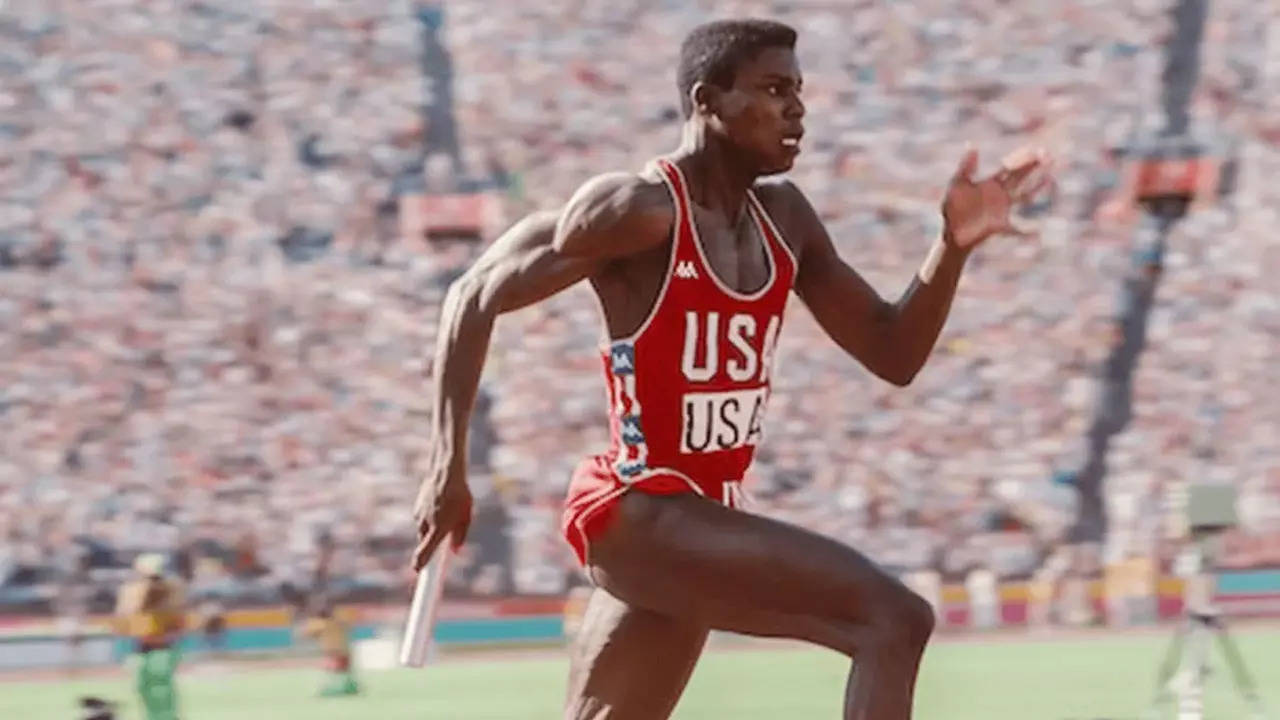
Carl Lewis Net Worth 2025: Olympic Gold, Missed Endorsements & Athletic Legacy
Curious to know about Carl Lewis’s net worth in 2025? The Olympic legend is widely considered one of the greatest track and field athletes of all time. With nine Olympic gold medals, world records, and a lasting legacy in global athletics, Lewis built both a name and a career that transcended sport.
But how much did he earn from that legacy, and what is Carl Lewis’s financial status today? Let’s break it down.
What is Carl Lewis’s net worth in 2025?
Carl Lewis has an estimated net worth of $8 million in 2025.
Despite his astonishing achievements on the track, Lewis never earned the kind of sponsorship money his stardom might have suggested—especially during the peak of his Olympic career in the 1980s and early 1990s. A mix of missed opportunities, controversial public perception, and market dynamics played a big role in shaping his financial path.
What did Carl Lewis do for a living?
Carl Lewis is a retired Olympic sprinter and long jumper, and currently a coach and public speaker.
Born July 1, 1961, in Birmingham, Alabama, Lewis rose to international fame in the 1980s as the face of American track and field. Over the course of his career, he won:
- 9 Olympic gold medals
- 1 Olympic silver medal
- 10 World Championship medals
His specialty events included the 100 meters, 200 meters, and the long jump. Known for both his sprinting speed and graceful jumping technique, Lewis became the embodiment of elite athleticism.
Since retiring in 1997, he has worked as a track coach at the University of Houston, a motivational speaker, and has dabbled in acting and politics.
Carl Lewis’s income sources explained
Here’s a breakdown of how Carl Lewis earned—and managed—his wealth over the years:
- Olympic Earnings & Appearance Fees – While Olympic athletes don’t earn huge salaries, Carl regularly earned $30,000–$50,000 per appearance, often attending multiple track events annually.
- Endorsements (Limited in the U.S.) – Unlike some of his peers, Carl did not secure major U.S. endorsement deals post-1984 Olympics. Coca-Cola withdrew an offer, and Nike eventually severed ties due to branding disputes.
- International Sponsorships – Lewis was far more successful overseas, with brand deals in Japan and Europe through companies like Mizuno, Fuji, Ecco, and Sagawa Express.
- Producing & Media Appearances – Lewis appeared in films, TV interviews, and documentaries—occasionally receiving fees for speaking or guest roles.
- Real Estate Investments – In 2002, Carl purchased a Pacific Palisades home in L.A. for $1.75 million and later sold it for $2.5 million in 2010.
- Coaching & Consulting – Since 2018, he has served as an assistant track coach at the University of Houston, mentoring young athletes.
Why didn’t Carl Lewis earn more endorsements?
Carl Lewis’s commercial struggles—especially after the 1984 Los Angeles Olympics, where he won four gold medals—remain a subject of sports business analysis to this day.
Here are some key factors that may have limited his endorsements:
- Public Perception – Critics accused Lewis of being arrogant or aloof, and his decision not to attempt a long jump world record during the ’84 Games disappointed fans.
- Rumors & Speculation – Persistent speculation about his sexuality (never confirmed and widely considered irrelevant) may have influenced cautious sponsors during a conservative media era.
- Missed Timing – Lewis declined a Coca-Cola deal pre-Olympics, expecting more lucrative offers afterward—but those never came.
- Market Competition – Fellow Olympians like Mary Lou Retton landed multi-million dollar endorsement deals, while Lewis earned around $700,000 in 1984, equivalent to ~$2 million today.
Despite the challenges, Carl remained grounded in his purpose. In a 1988 interview, he famously said:
“Great athletes have to have objectives beyond that of cashing in… My goal wasn’t to win a billion endorsements. My goal was to get back on the 1988 team. And I’ve accomplished that.”
Popular Categories





